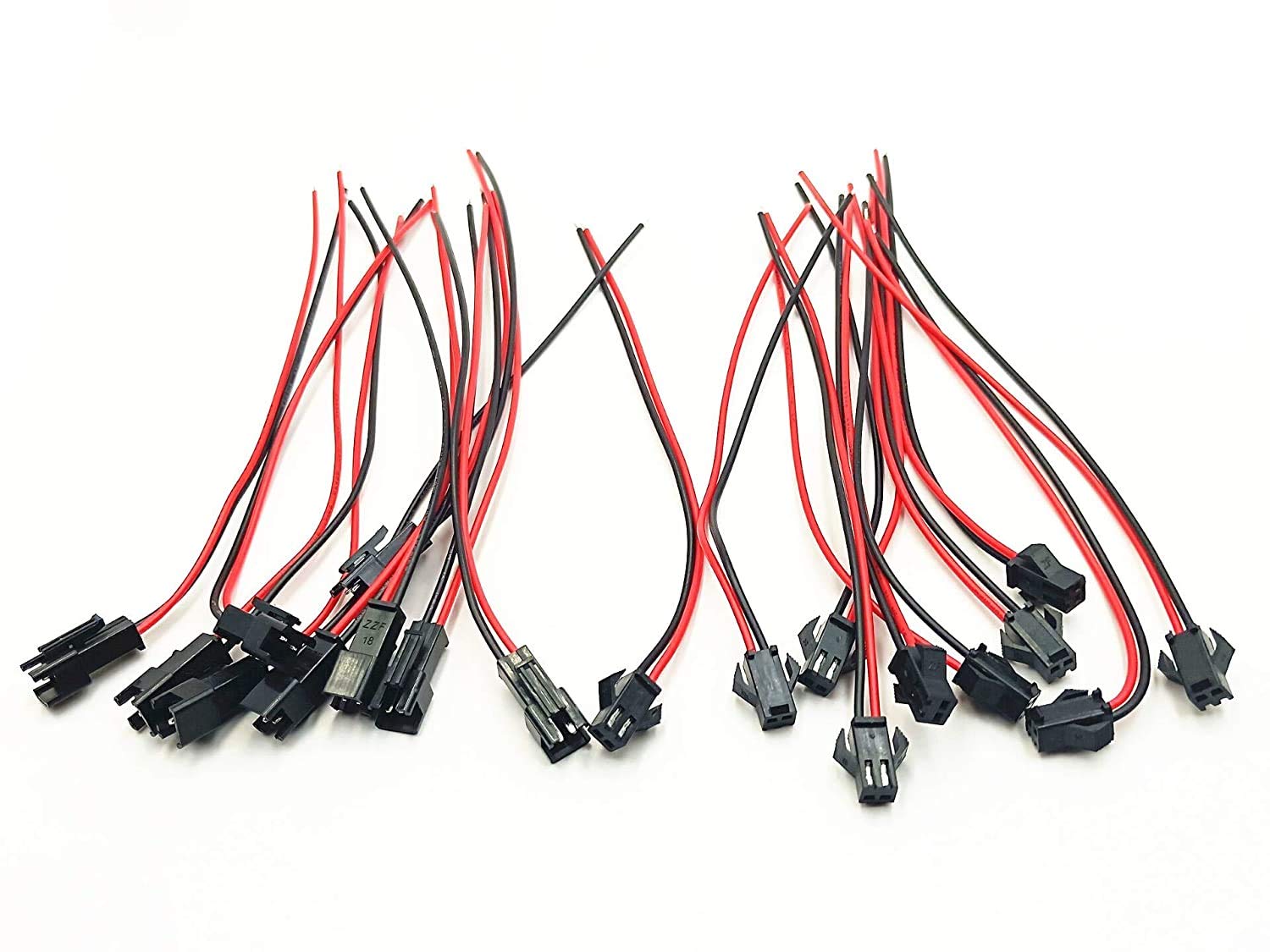The rise of solar power battery storage marks a significant shift in the way we harness and utilize renewable energy. With advancements in technology and decreasing costs, solar power storage has become more accessible than ever, allowing individuals and businesses to maximize the benefits of their solar energy systems.
This trend signifies a move towards greater energy independence and resilience, as well as a reduction in reliance on traditional grid-supplied electricity.
One of the most exciting developments in the realm of solar power battery storage is the potential for off-grid living.
With reliable and efficient battery storage solutions, homeowners have greater freedom to generate and store their own electricity, reducing their reliance on the grid.
Furthermore, these advancements could revolutionize how we think about emergency preparedness and disaster resilience, providing a sustainable backup power source that can keep essential appliances running even during grid outages.
As more research and investment pour into this field, we can expect even greater breakthroughs that will continue to drive down costs and improve efficiency.
The rise of solar power battery storage represents not only an evolution in energy technology but also a powerful step towards a more sustainable future.
Post Contents
Understanding Solar Power Battery Systems
As solar power battery systems continue to revolutionize the energy landscape, it’s crucial for homeowners and businesses to grasp the inner workings of these innovative technologies.
One key aspect in understanding solar power battery systems is their storage capacity and efficiency. It’s not just about having a battery – it’s about ensuring that it can store and deliver energy effectively, optimizing its performance.
Moreover, comprehending the different types of batteries used in solar power systems is essential for making informed decisions.
Whether it’s lithium-ion, lead-acid, or flow batteries, each has its own unique characteristics that impact factors like lifespan, charging speed, and cost.
Understanding these nuances empowers individuals to choose the right battery system tailored to their specific needs and budget constraints.
In addition to technical knowledge, it is important for consumers to be aware of regulatory incentives and policies surrounding solar power battery storage.
By understanding tax credits, rebates, and net metering programs available in their region, individuals can maximize the financial benefits of implementing a solar power battery system while contributing to a more sustainable future.
Benefits of Solar Power Battery Storage
Solar power battery storage offers numerous benefits that make it an essential component of a sustainable energy system.
One of the primary advantages is the ability to store excess solar energy generated during the day for use at night or during periods of low sunlight. This not only maximizes self-consumption of solar power but also reduces reliance on the grid, leading to lower electricity bills and increased energy independence.
Furthermore, solar power battery storage can act as a backup power source during grid outages, providing homeowners and businesses with peace of mind and uninterrupted electricity supply.
With advancements in battery technology, such as longer lifespan and improved efficiency, investing in solar power battery storage has become increasingly cost-effective.
Additionally, by reducing reliance on fossil fuels and mitigating greenhouse gas emissions, solar power battery storage plays a crucial role in tackling climate change and creating a cleaner environment for future generations.
Maximizing the Efficiency of Your Solar Battery
Maximizing the efficiency of your solar battery is crucial to getting the most out of your investment in renewable energy. One effective way to enhance efficiency is by properly sizing the battery bank to meet your specific energy needs.
Oversized or undersized batteries can have a negative impact on performance, so it’s important to work with a professional to determine the right capacity for your system.
Another key factor in maximizing efficiency is implementing smart energy management techniques. This involves optimizing the charging and discharging cycles of the battery, as well as utilizing advanced monitoring and control systems to ensure that energy usage aligns with solar generation.
By integrating these strategies, you can significantly improve the overall performance and longevity of your solar battery system, ultimately unlocking its full potential for renewable energy storage.
Choosing the Right Solar Power Battery System
Choosing the right solar power battery system is crucial for maximizing the benefits of solar energy. One key consideration is the battery capacity, which should align with your energy consumption and backup needs.
Additionally, it’s important to assess the depth of discharge (DoD) of the batteries – a higher DoD means more usable energy but can reduce their lifespan.
Another important factor is the battery chemistry; lithium-ion batteries offer high efficiency and longer lifespan compared to lead-acid alternatives.
When selecting a solar power battery system, it’s essential to consider compatibility with your existing solar setup.
Are you a small home or townhouse, or a family law firm or professional services office? Some systems are designed to work seamlessly with specific inverters or charge controllers, ensuring optimal performance.
Moreover, monitoring capabilities are an increasingly valuable feature as they provide real-time insights into energy production and consumption, empowering users to make informed adjustments for greater efficiency and cost savings.
By carefully evaluating these factors, you can choose the right solar power battery system that meets your specific requirements and integrates smoothly with your existing solar infrastructure.
Conclusion: Harnessing the Full Potential of Solar Energy
In conclusion, the potential of solar energy is vast and the key to unlocking its full power lies in effective battery storage solutions. As technology continues to advance, we are now able to harness and store solar energy more efficiently than ever before.
This opens up new opportunities for homeowners and businesses to become self-sufficient in their energy needs, reducing reliance on traditional power sources. With the right combination of solar panels and battery storage, individuals can not only save on electricity costs but also contribute to a more sustainable future.
It’s important to note that as we strive to maximize the potential of solar energy, continued research and development in battery storage technology will be crucial.
From improving efficiency and lifespan to expanding capacity, innovations in this field will further enhance the viability of solar power as a mainstream energy source.
Embracing these advancements can lead us towards a cleaner, greener energy landscape while also offering greater independence and resilience in our power supply.
The journey towards realizing the full potential of solar energy is ongoing, but with each step forward, we move closer to a brighter and more sustainable future for all.










